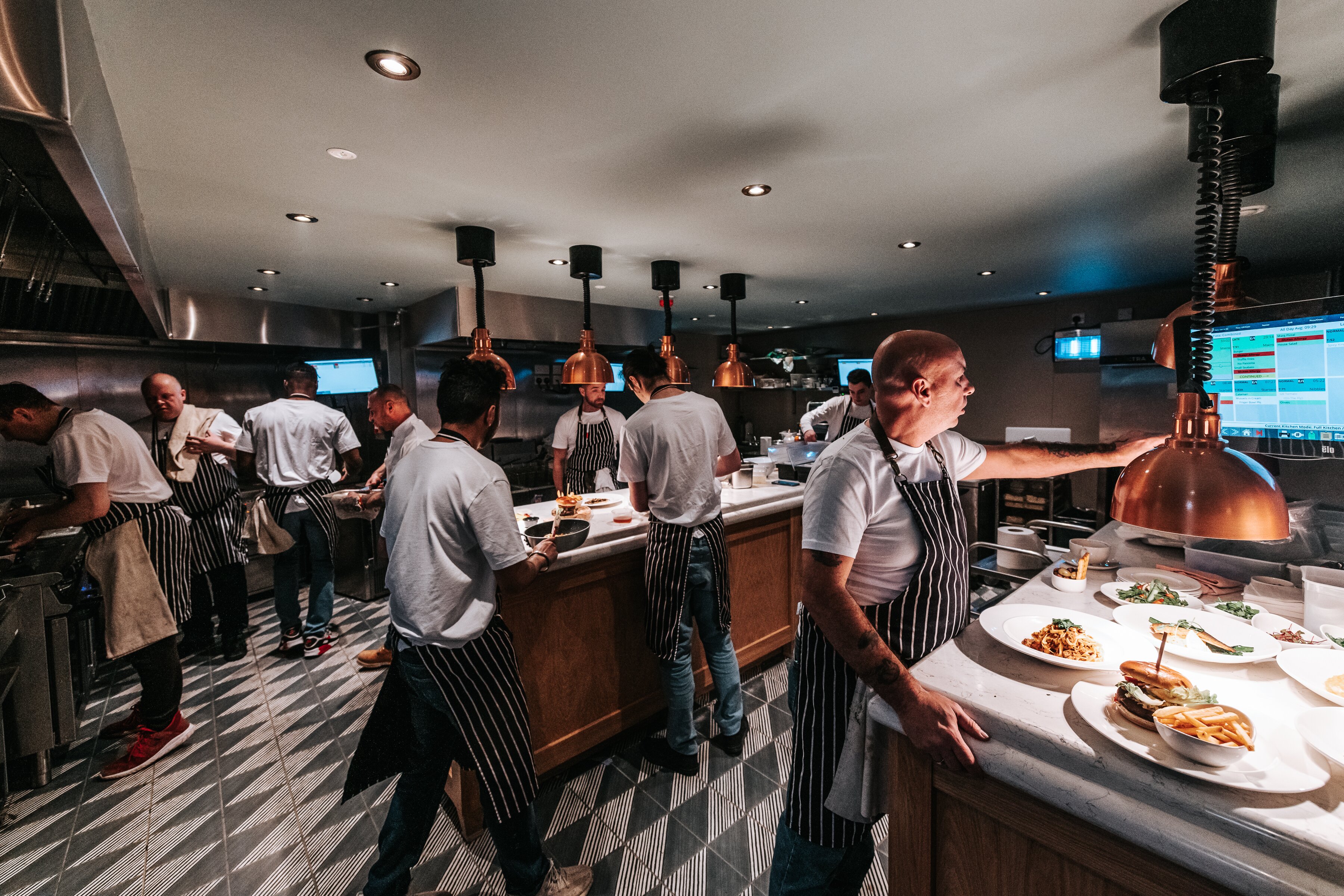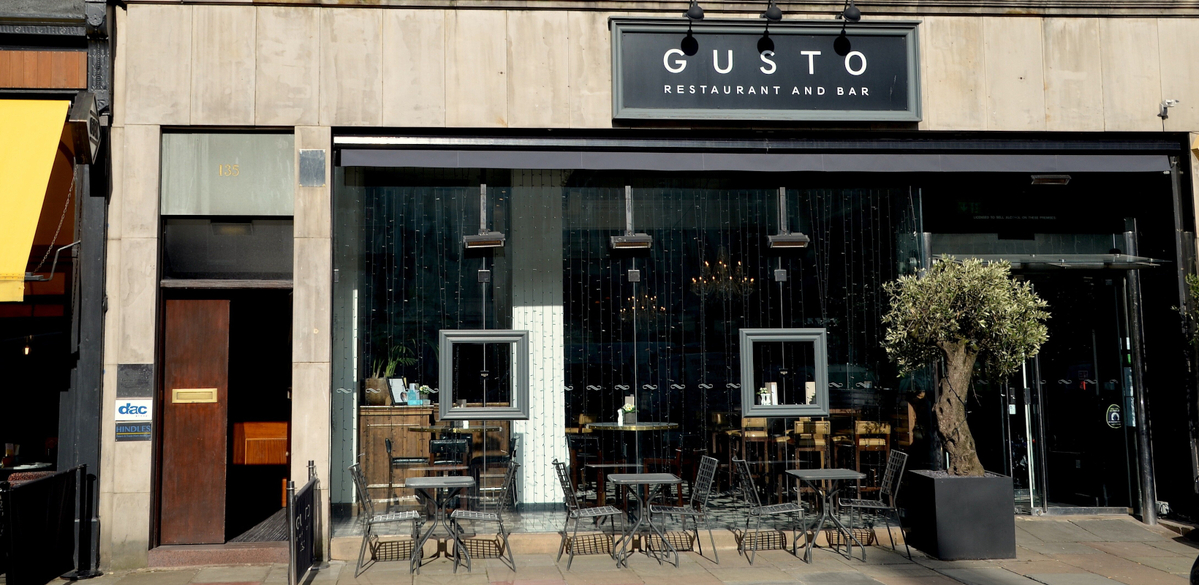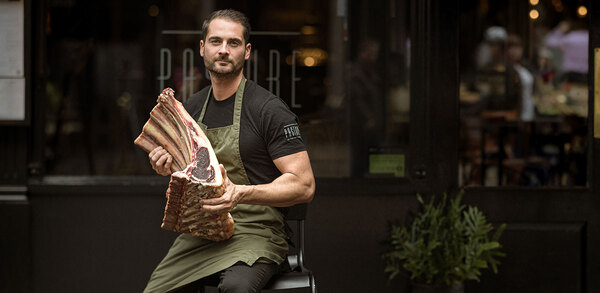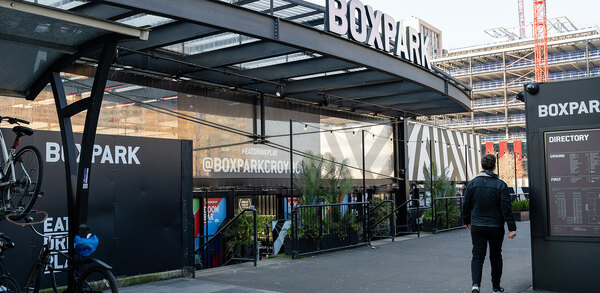Gusto removes itself from the UK chef recruitment market
An Italian restaurant group has given up trying to recruit chefs in the UK and has instead hired 30 staff from India.
Gusto Italian, which runs 14 casual dining restaurants in England and Scotland, has spent over £200,000 since 2022 sponsoring staff through the skilled worker visa scheme.
Chief executive Matt Snell said there had been a “dogfight” for chefs when hospitality reopened after lockdown as large numbers of staff had left the industry during the pandemic.
This came to a head when a shortage of chefs forced Gusto’s Edinburgh restaurant to close on Mondays and Tuesdays during the Fringe Festival last August.
“It was our busiest time of the year and we were closed because we just physically could not recruit the chefs,” he said.
“It became apparent that wage inflation was completely out of control and there simply was not enough talent to service the industry.”
Gusto decided to completely remove itself from the UK chef recruitment market and began using the government sponsorship scheme.
Snell said the group applied for a licence from the Home Office, which took four months, and the typical fee depends on the type of company, number of restaurants or size of the business.
Gusto began working with UK-based recruitment and immigration firm Vira International, which charges a recruitment fee of anywhere between 10% and 15%. Vira International said the cost of Gusto's sponsorship license was around £4,300.
<!---From 12 April 2023, the minimum salary for employing a skilled worker through the scheme will rise by £600 to £26,200. Migrant workers must be paid an hourly rate of at least £10.75, an increase of 65p.--->
Snell said it cost an average of £8,000 in total to recruit each chef from India, with candidates coming over on three- or five-year visas.
Each chef that arrives from India is met by a member of the Gusto team at the airport and helped with accommodation and an induction into UK society.
“You have to see it as a long-term investment. We’ve invested upwards of £200,000 in this scheme. It takes three years to see that return," said Snell.
"Of the 30 chefs we hired we’ve got zero turnover. Every single one is working out and we are starting to see progression.”
Snell said the restaurants where the chefs work had seen better consistency in their product and the company is hoping to hire a further 15-20 people through the programme.
“We’ve achieved our goal and removed ourselves from that rat race recruitment market. We feel very passionately that it’s been nothing but positive for our business,” he said.



















